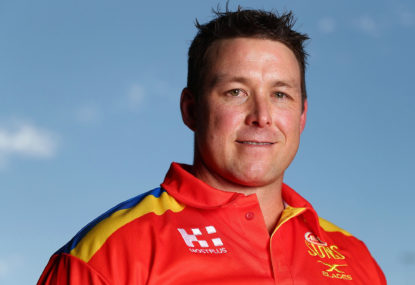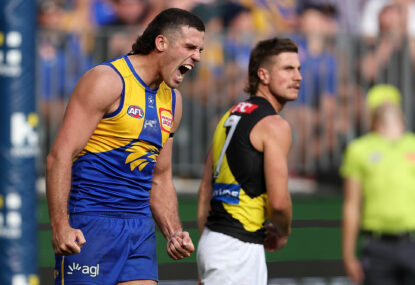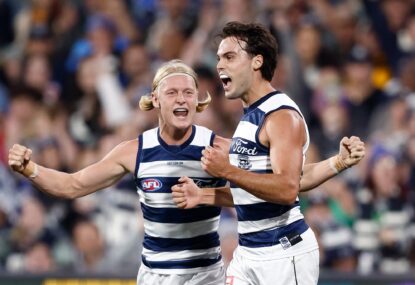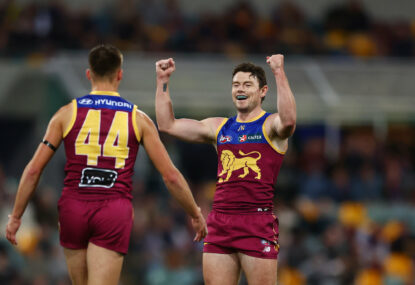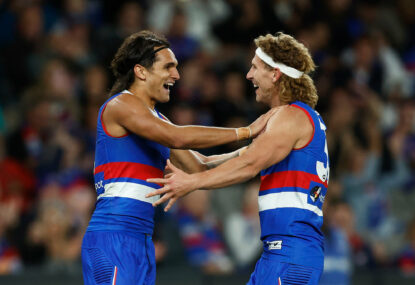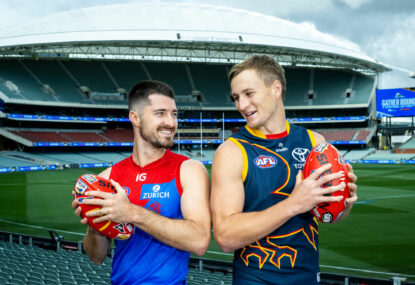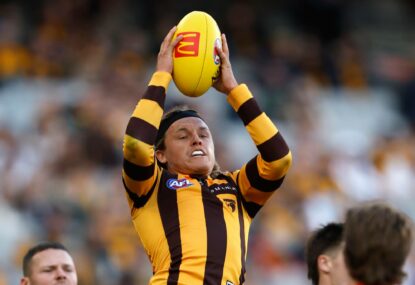So we are now seven seasons into the existence of the Gold Coast Suns. This means we can compare the team’s performance thus far with that of the defunct Melbourne University Football club who spent seven seasons in the big league from 1908 to 1914.
It must be said that the Suns have been a huge disappointment to date – in fact, that would be a mammoth understatement. As can be seen in the table, the Suns have only performed about five per cent better than University did in their seven seasons, and yet their respective circumstances couldn’t be further apart.
Key to University’s rapid decline after 1911 was the fact the club chose to remain strictly amateur while rival clubs had already begun issuing match payments to many of their players.
There is no doubt that University fielded many genuinely good footballers but, by all accounts, it seems University’s players and officials were primarily focused on their studies and/or careers.
This shouldn’t come as much of a surprise given the club was comprised current and former students of Melbourne University.
Let’s contrast this to the enormous salary cap afforded to clubs these days, along with the plethora of high draft picks that were handed to the Suns on a platter by the AFL in 2011. But yet, in seven seasons, they have performed only marginally better than a bunch of genuine amateurs to whom footy was not much more than a weekend hobby.
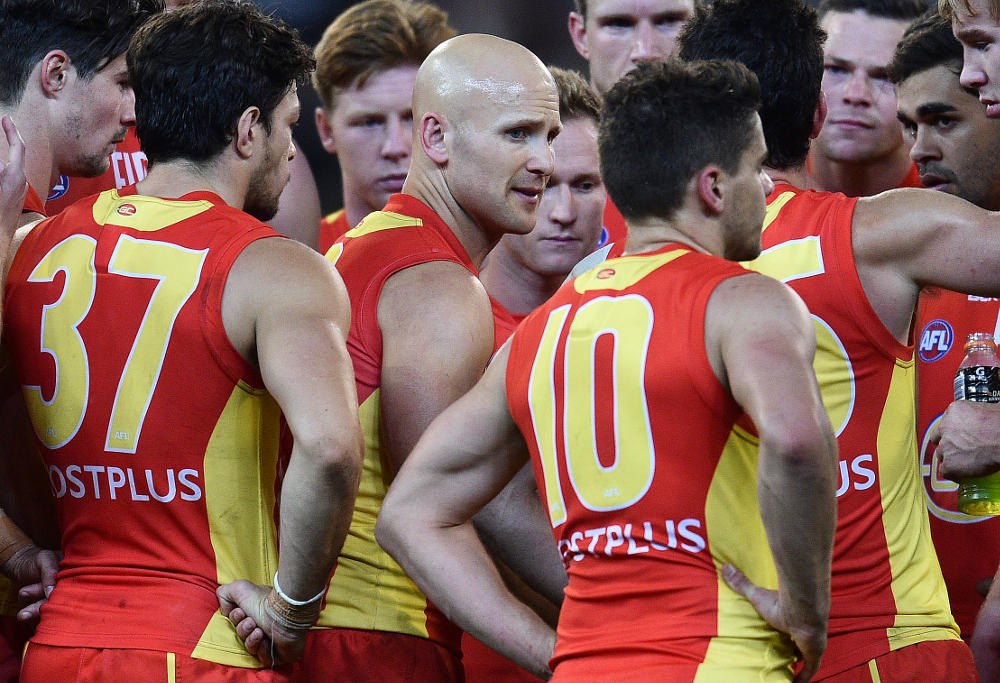
(AAP Image/Julian Smith)
In fact, even University’s away record is superior to that of the Gold Coast. On the flip side, at least Gold Coast’s home record is significantly better than University’s, but this would be mostly due to the fact that the Suns get a home-state advantage in every home match they play – with the exception of matches played against the Brisbane Lions. Even then, they technically still have a home city advantage (similar to Geelong at Kardinia Park versus Melbourne-based clubs).
Now, don’t get me wrong, I really like the idea of having an AFL club based on the Gold Coast. While I certainly don’t believe a second Brisbane-based club would be viable, I think with Gold Coast being a distinct, and somewhat glitzy, city about an hour’s drive south of Brisbane, it really does have potential to become the talk of the town in a very lucrative marketplace. But something has gone terribly wrong.
So why have the Gold Coast started so poorly? A lot of the blame has to fall on the first two coaches, but for different reasons.
They started out far too young and inexperienced
I don’t think there was much wrong with inaugural coach Guy McKenna’s game plan or match-day tactics, but the list he assembled, or helped to assemble, was simply too young. Sure, you have to have a long-term view when harvesting young talent, but they went in drastically on the young side.
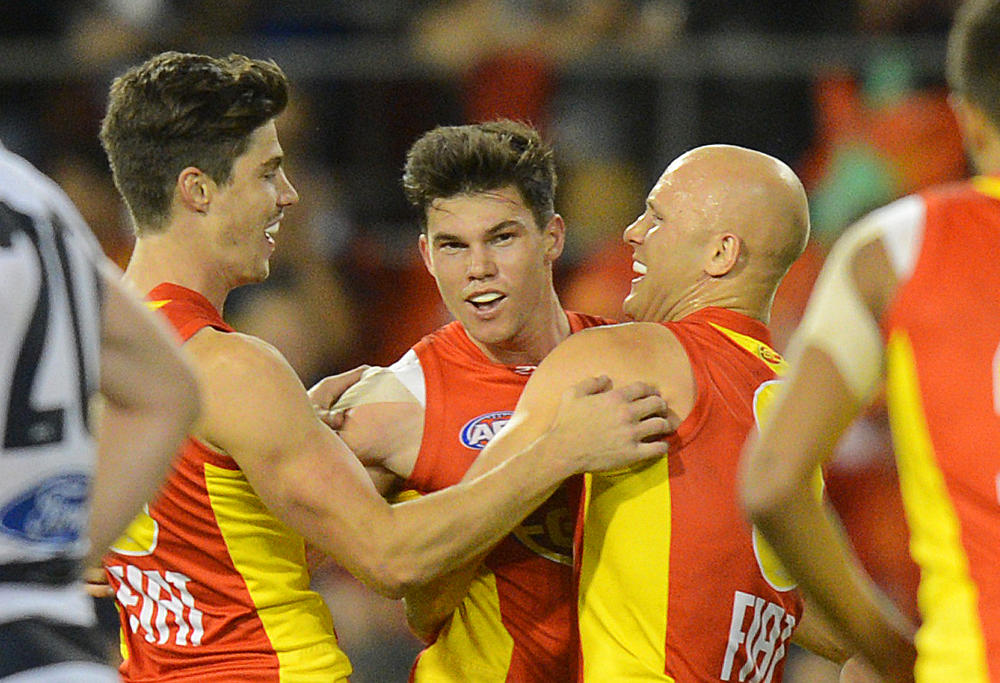
(AAP Image/Dave Hunt)
In their first ever match on April second, 2011 at the Gabba against Carlton, they went in with 12 AFL debutants and were duly flogged to the tune of 119 points by a fairly ordinary Blues line-up. In regards to list management, did Gold Coast really need to field a team of which more than half the players had never played any AFL game?
Things got particularly embarrassing (for both the Suns and the AFL) in Round 6 at Etihad Stadium when Essendon led by a record 93 points at quarter time. Thankfully for the Suns, the Bombers may have empathetically taken their foot off the gas by adding just 103 more points to their tally across the remaining three quarters, eventually winning the match by 139 points (197 to 58)
As a saving grace, Gold Coast did manage to scrounge out three wins for the season, including an interstate victory against Port Adelaide at Football Park in Round 5. Three wins, 19 losses, and a woeful percentage of just 56.3 as a result of being on the receiving end of many a frightful flogging.
It just didn’t need to start this way. An additional recruitment of just three or four more reasonably experienced (50-100 game) players would, most likely, have made a big difference to their results in their formative years.
The appointment of Rodney Eade as coach failed miserably
Taking the reigns in 2015, Rodney Eade was supposed to be the experienced coach that Gold Coast needed to finally guide such a talented playing group into a successful period. By this time, the players had also gained significant experience on the AFL stage – talent plus experience usually equals success. But things went even further downhill.
In his three seasons as coach, The Suns finished 16th, 15th, and 15th. Eade was abruptly sacked towards the end of 2017.
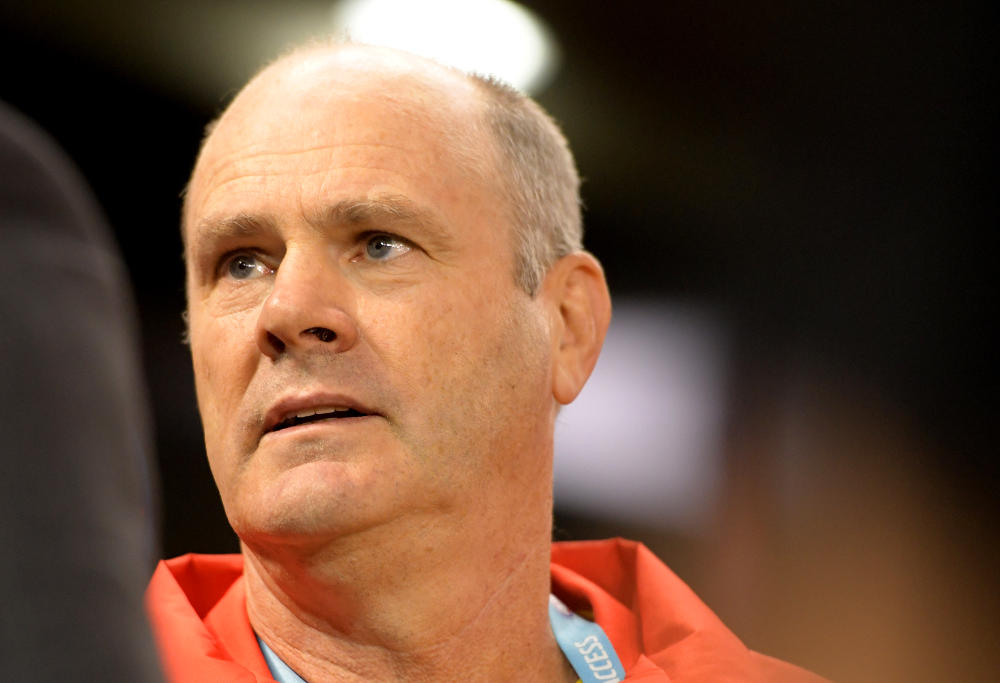
(AAP Image/Tracey Nearmy)
To be fair, Eade’s playing group was decimated by injuries during a large part of his tenure, and any coach would have struggled under such circumstances. Still, one got the feeling his game plan never quite brought out the best in the players.
So where to from here for the Suns?
The appointment of Stuart Dew as head coach for 2018 may be just what the Suns need. A fresh look, fresh game plan, fresh feel.
Ablett may be gone, but the bulk of that initial talent is still there. Let’s see if Dew can be the one to finally get the best out of this enviable list of players. What do you think, Roarers? Is it time for the Suns to rise?





























































































